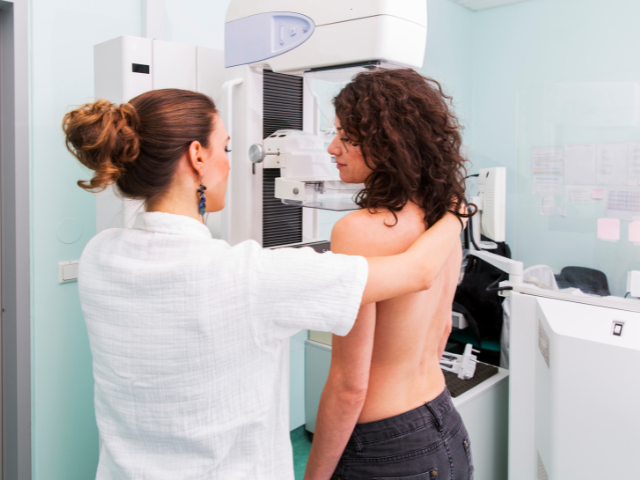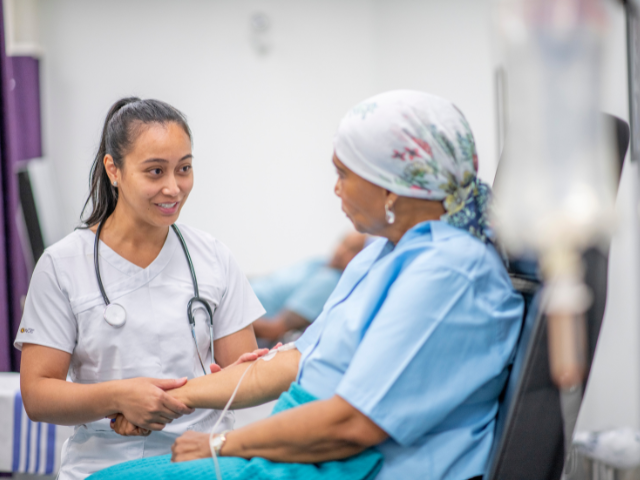Where do Oncologist Nurse Practitioners Work?
An oncology nurse practitioner can work in various settings, such as:
- Hospitals
- Cancer centers
- Palliative care centers
- Extended-care facilities
- Physician offices and clinics
- Home Health and Hospices
The working schedule of an oncology nurse practitioner varies depending on their employer. However, schedules generally involve a 40-hour work week with a set schedule or rotating shifts.
How to Become an Oncology Nurse Practitioner
Before you become an oncology NP, decide if oncology is the right fit for you, as it requires a lot of mental stamina to sustain. You regularly work with critically ill patients and must provide timely treatment, which makes it a challenging and demanding field.
Get A BSN or ADN
A BSN takes four years to obtain, and an ADN takes two years. Tuition costs for an ADN are less than those of a BSN. However, some employers prefer a BSN for working with critically ill patients. To get that, you can enroll in an RN-to-BSN program.
Enroll in and graduate from an accredited institute, making you eligible to take the licensing exam.
Take the Licensing Exam
Once you have completed your education and become a nurse, take the licensing exam to practice as a nurse. To work in the U.S., you have to take the NCLEX exam — a computer-based exam comprised of multiple-choice questions.
Once you pass the NCLEX exam, you can apply for a license to practice as a nurse in the U.S.
Gain Experience
After becoming a registered nurse, you can begin your oncology career in an entry-level position. You can choose between many specialized options in oncology, such as blood marrow transplants and pediatric or surgical oncology. At this stage, you can explore different sub-specializations of oncology practice and gauge your interest by working in various settings.
Certification of Nurses
Getting a certification is not required, but preferred. Many employers prefer certified nurses with Oncology Certified Nurse certification because caring for cancer patients is complex. There are various oncology certifications and specialties, such as pediatrics, hematology, and oncology.
Most certifications require at least two years of nursing experience, 2,000 clinical practice hours in the oncology setting, and continuing education hours in the last four years.
Various certifications are available in oncology nursing, such as:
- Oncology Certified Nurse (OCN)
- Certified Pediatric Hematology Oncology Nurse (CPHON)
- Blood & Marrow Transplant Certified Nurse (BMTCN)
- Advanced Oncology Certified Nurse Practitioner (AOCNP)
- Certified Breast Care Nurse (CBCN)









